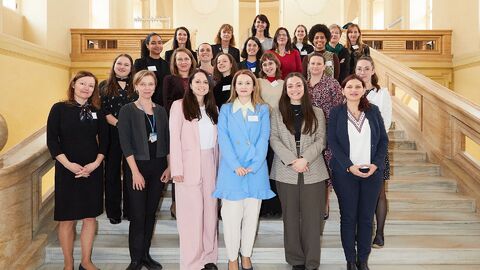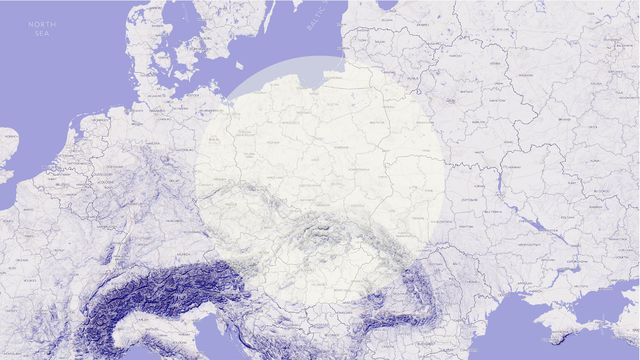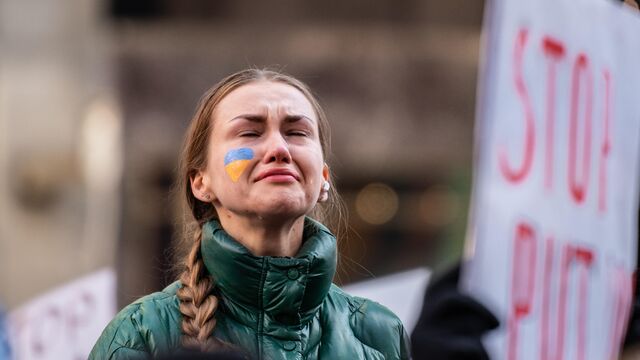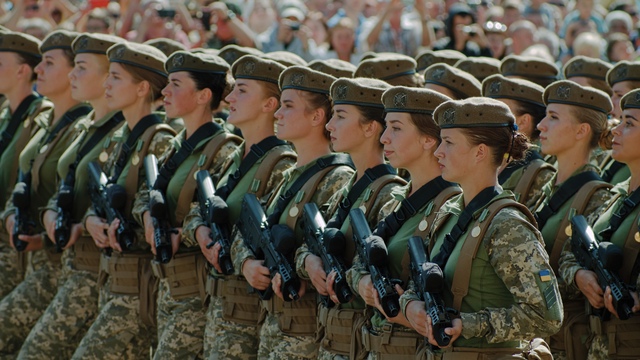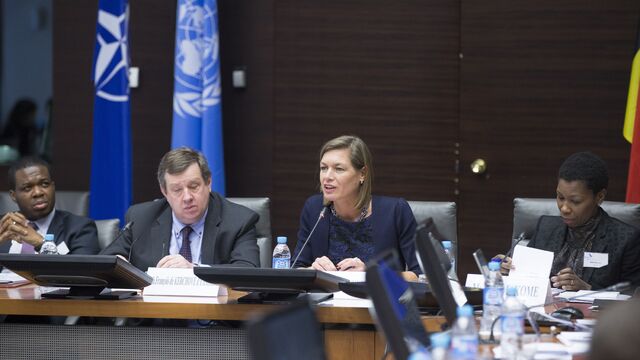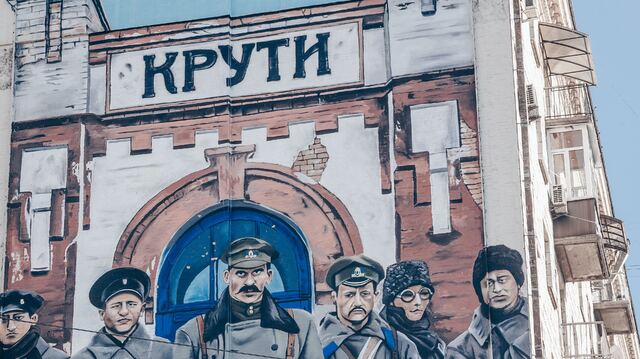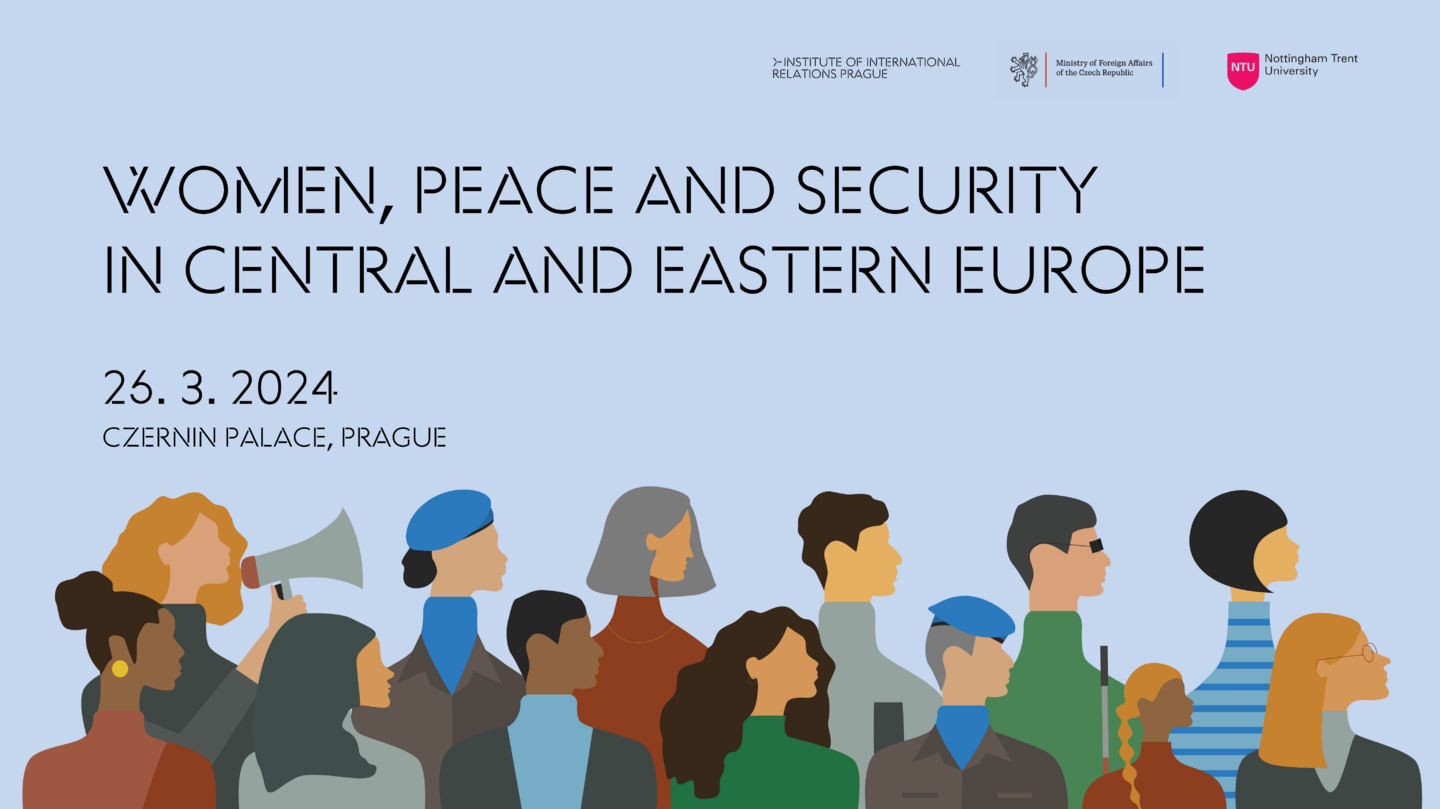
Women, Peace and Security in Central and Eastern Europe
On March 26th, we will hold an invite-only conference on the topic of Women, Peace and Security in Central and Eastern Europe in cooperation with Nottingham Trent University and the Ministry of Foreign Affairs of the Czech Republic.
26. 3. 2024 (9:00)
Language: English Czernin Palace, Loretánské náměstí 5, 118, Prague 1
As the Women, Peace and Security (WPS) agenda nears its 25th anniversary, its global diffusion and impact on both foreign and domestic policies of UN member states has been undeniable. Yet, contemporary gendered global challenges, including civil and international conflicts, climate change or backsliding of gender equality, pose threats to global peace and security and WPS progress. With Russia’s ongoing war against Ukraine and other regional and international security crises, the region of Central and Eastern Europe is at the forefront of these dynamics. This conference brings together a variety of WPS stakeholders in Central and Eastern Europe to discuss the progress that has been made so far as well as what the future of the agenda is. The conference will focus on exchanging good practices across the region and discussing how WPS structures can and should reflect contemporary gendered conflicts and crises. It will also focus on how civil society can more effectively engage with and shape the WPS National Action Plans in Czechia, Slovakia, Poland, Romania and Ukraine.
Day 1 26/03/2024
Welcome Remarks
Panel 1: Women, Peace and Security in Central and Eastern Europe
This panel will highlight the key successes and challenges of implementing the WPS Agenda in the Czech Republic, Poland, Slovakia, Romania and Ukraine from the perspective of the governments and international governance
Panel 2: Contemporary Gendered Security Challenges in CEE
This discussion will focus on key gendered insecurities in the region. The panel will comprise a mix of academics, civil society and policy-makers.
Workshop: Increasing Civil Society Engagement with WPS
This workshop will focus on how civil society and policy-makers can more effectively cooperate on the drafting of WPS National Action Plans and their implementation.
Concluding Remarks
Speakers
Co-organisers
The event is organised by the Institute of International Relations Prague and Nottingham Trent University (NTU) in cooperation with the Ministry of Foreign Affairs of the Czech Republic.


